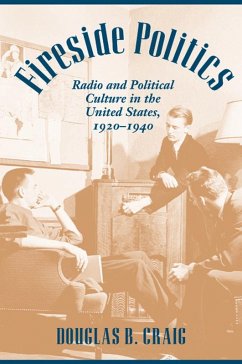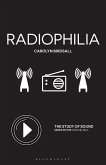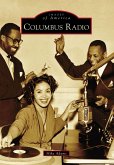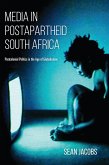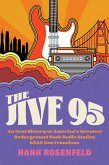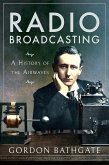An "impressively researched and useful study" of the golden age of radio and its role in American democracy (Journal of American History). InFireside Politics, Douglas B. Craig provides the first detailed and complete examination of radio's changing role in American political culture between 1920 and 1940-the medium's golden age, when it commanded huge national audiences without competition from television. Craig follows the evolution of radio into a commercialized, networked, and regulated industry, and ultimately into an essential tool for winning political campaigns and shaping American identity in the interwar period. Finally, he draws thoughtful comparisons of the American experience of radio broadcasting and political culture with those of Australia, Britain, and Canada. "The best general study yet published on the development of radio broadcasting during this crucial period when key institutional and social patterns were established." ?Technology and Culture
Dieser Download kann aus rechtlichen Gründen nur mit Rechnungsadresse in A, B, BG, CY, CZ, D, DK, EW, E, FIN, F, GR, HR, H, IRL, I, LT, L, LR, M, NL, PL, P, R, S, SLO, SK ausgeliefert werden.

